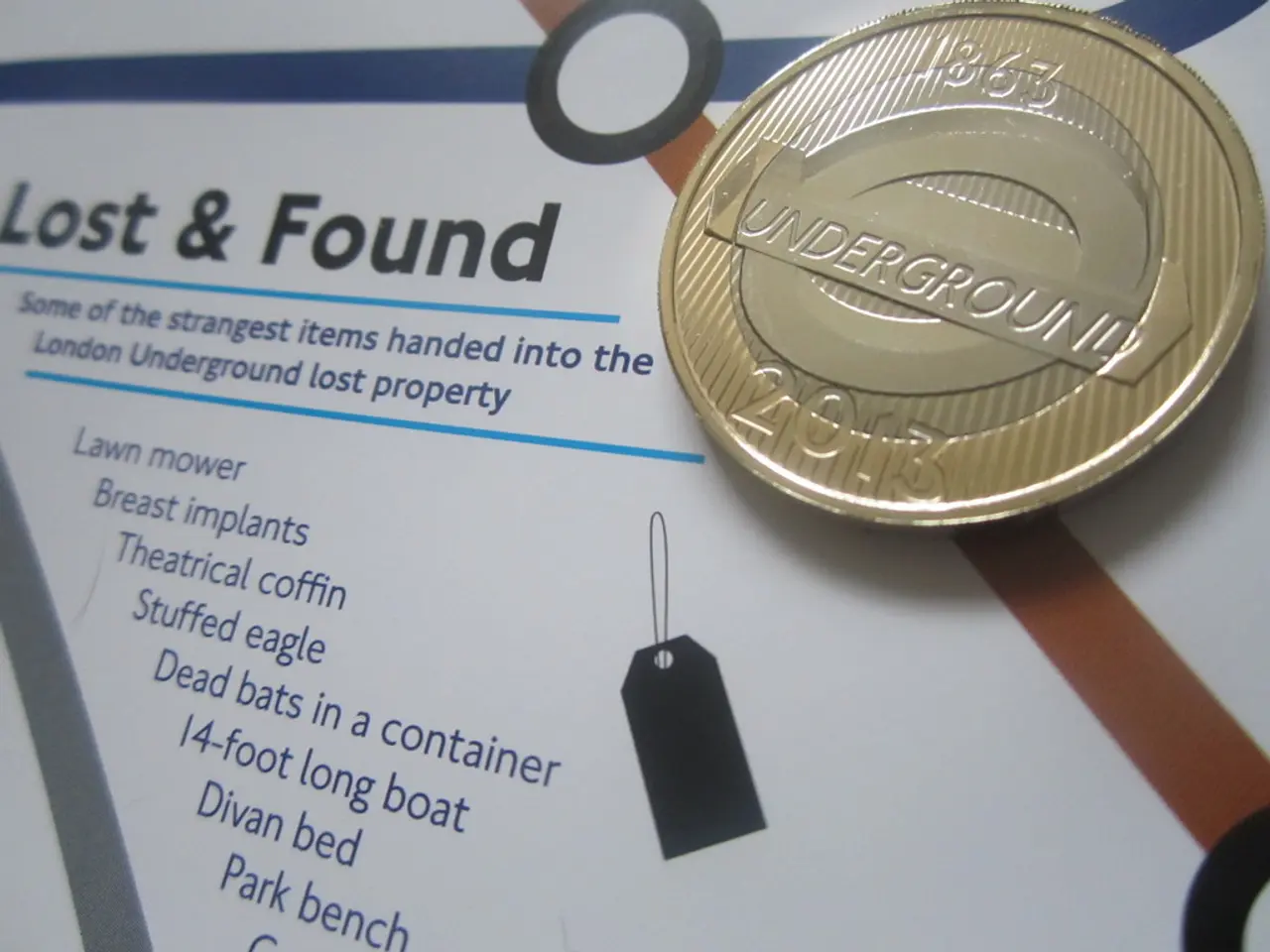Finance ministers of the European Union reach consensus on crucial aspects of a potential digital European currency
The European Central Bank (ECB) is developing a digital currency, the digital euro, to complement cash and be usable via an ECB app. This digital currency aims to counterbalance US stablecoins and reduce Europe's dependence on US providers like PayPal, Mastercard, or Visa.
However, the digital euro's development faces challenges, with opposition from those preferring private solutions like stablecoins. This has led to sharp criticism of the ECB's digital euro concept from various parties.
Euro finance ministers have agreed on a rough legal framework for the digital euro, but parliamentary debate is stagnant, with no clear consensus on its direction. An agreement on the legal framework by the end of the year seems feasible, but progress is slow.
Banks worry about potential money outflows due to the digital euro. To address these concerns, the legal framework may include ownership limits, although details are still being worked out.
The ECB has addressed data protection concerns by developing offline transactions that cannot be traced. The Bundesverband der Deutsche Industrie e.V. (BDI) actively advocates for the rapid introduction of the digital euro in Germany, emphasizing industrial use cases in its design and lobbying German government bodies for its implementation.
Meanwhile, the European People's Party favors a private solution like stablecoins, while other parliamentarians support the ECB's digital euro variant. The debate on private solutions versus the ECB's digital euro continues.
The digital euro project, started in 2021, has been delayed due to the lack of a legal framework. Spanish Economy Minister Carlos Cuerpo believes most of the work on the digital euro is 'already done.' German Finance Minister Lars Klingbeil is pushing for solutions to be found by the end of the year regarding the digital euro.
The digital euro's development does not yet include details about potential limitations or regulations beyond the legal framework. As the project progresses, more details are expected to be discussed in the future. If successfully implemented, the digital euro could significantly reshape the European financial landscape.







